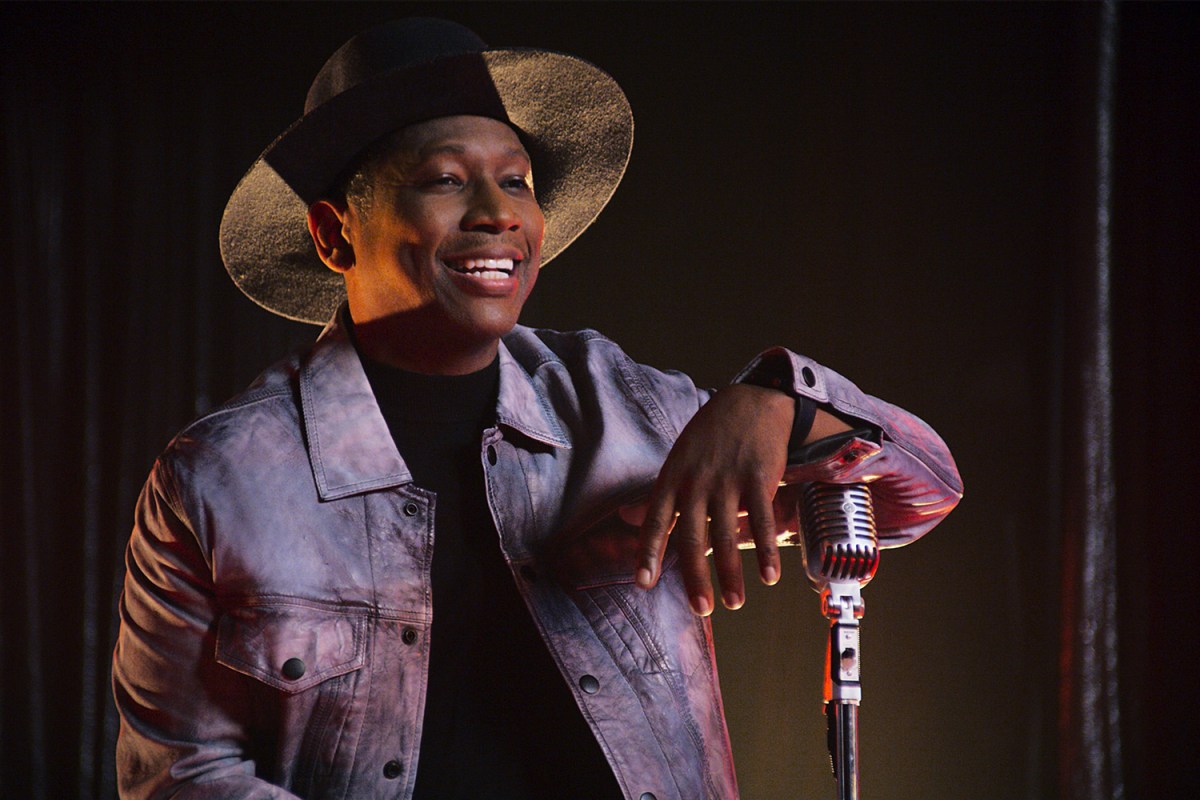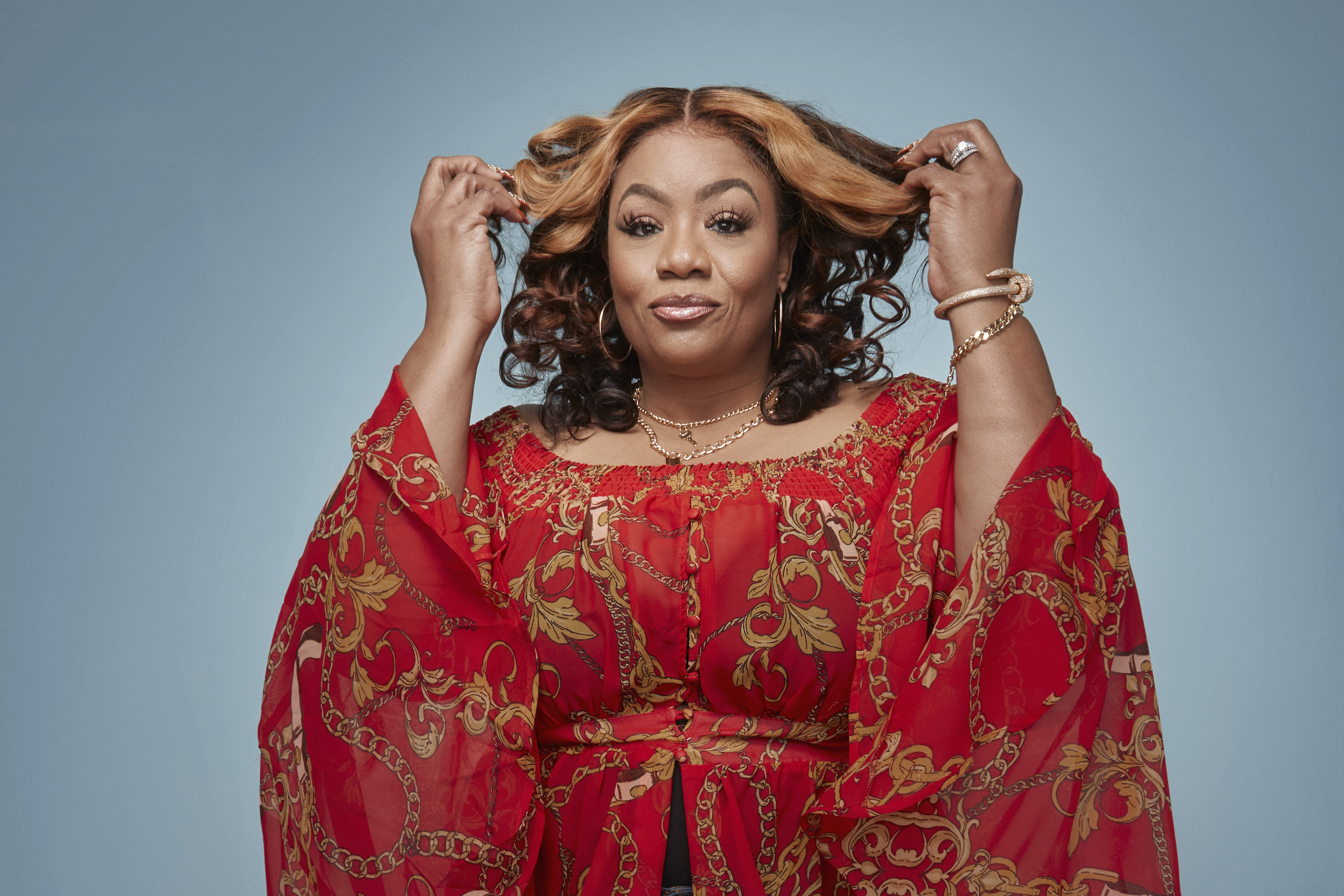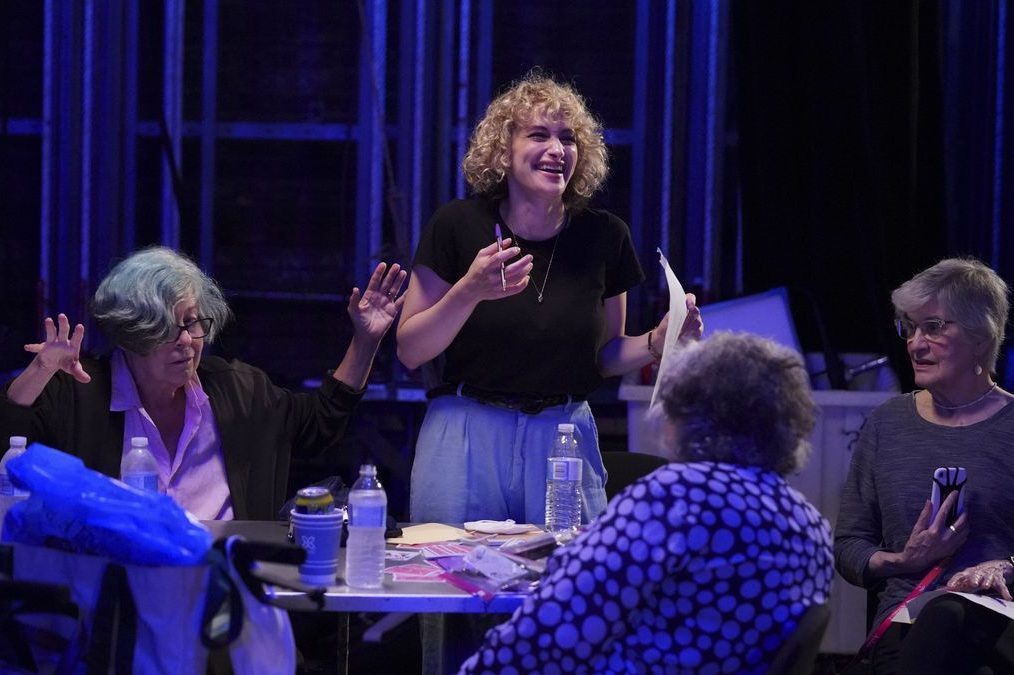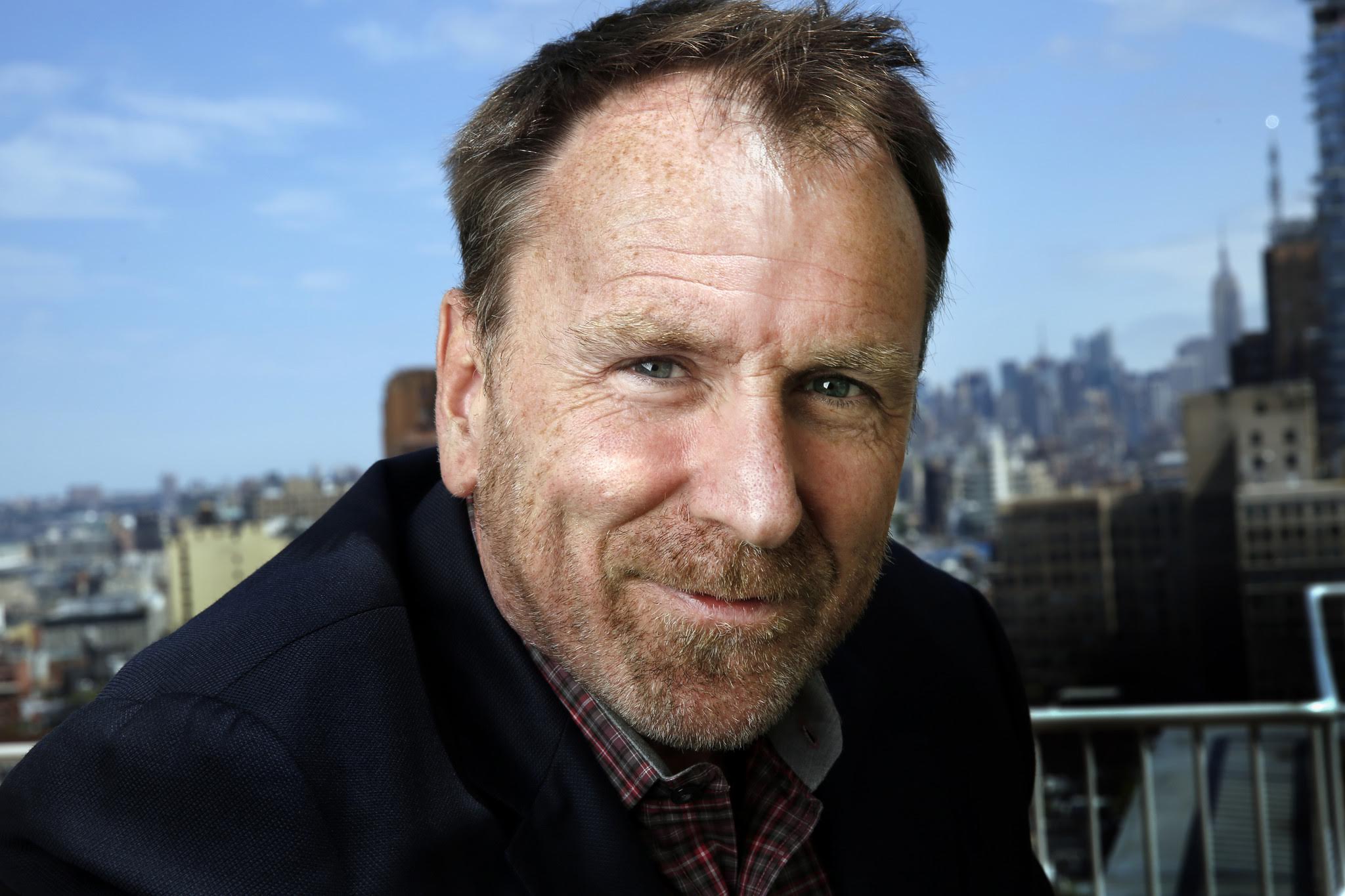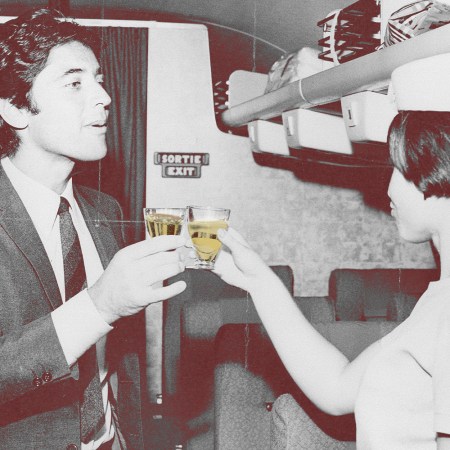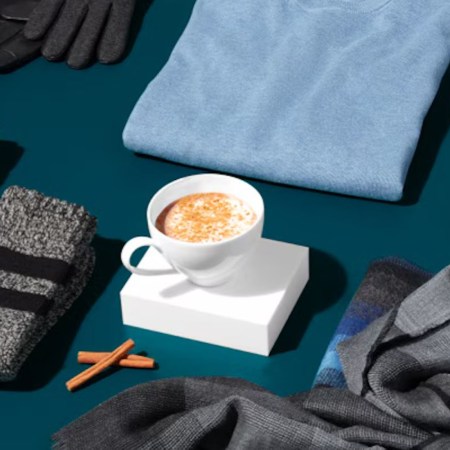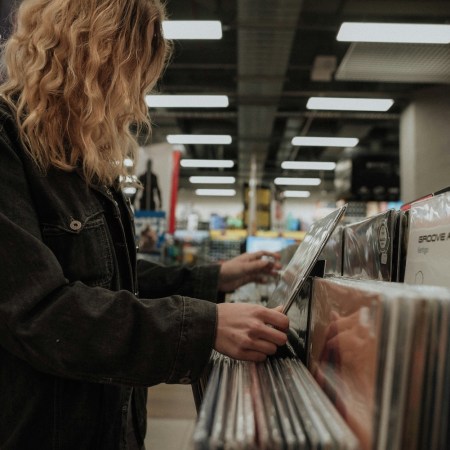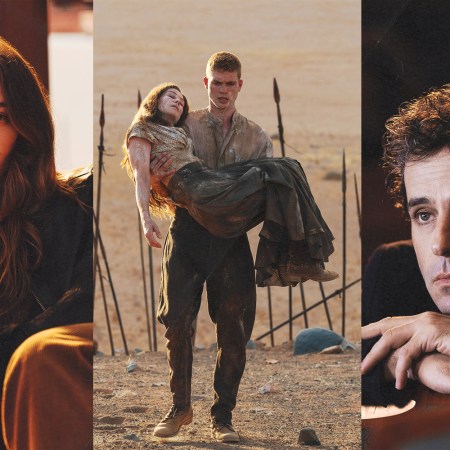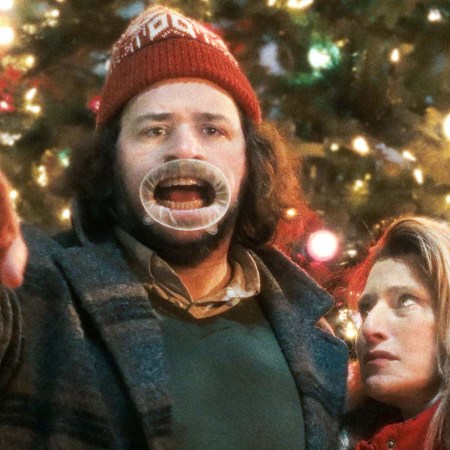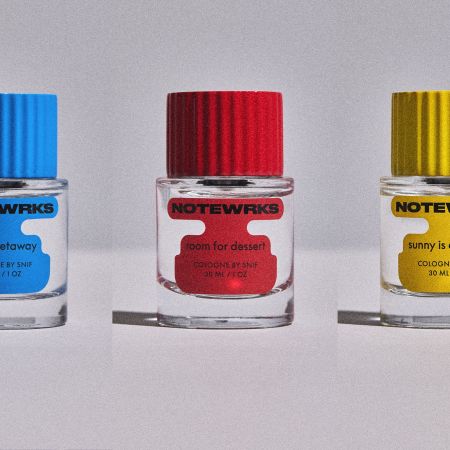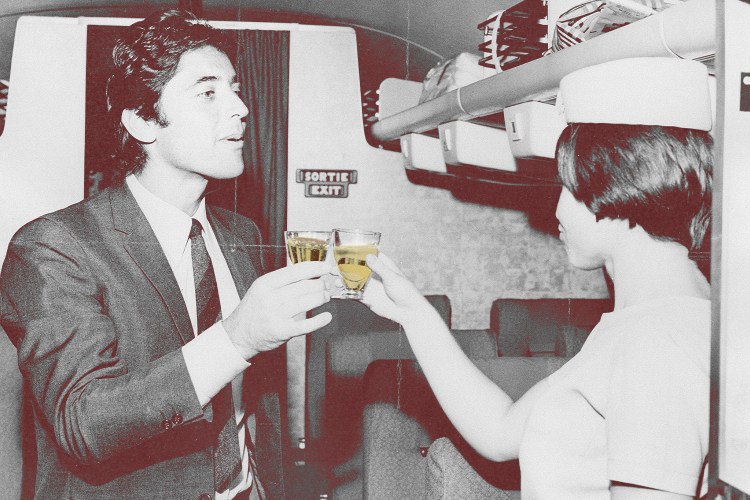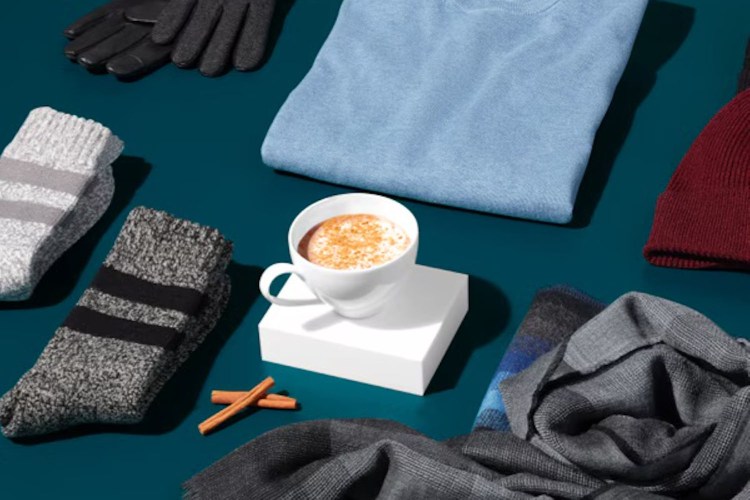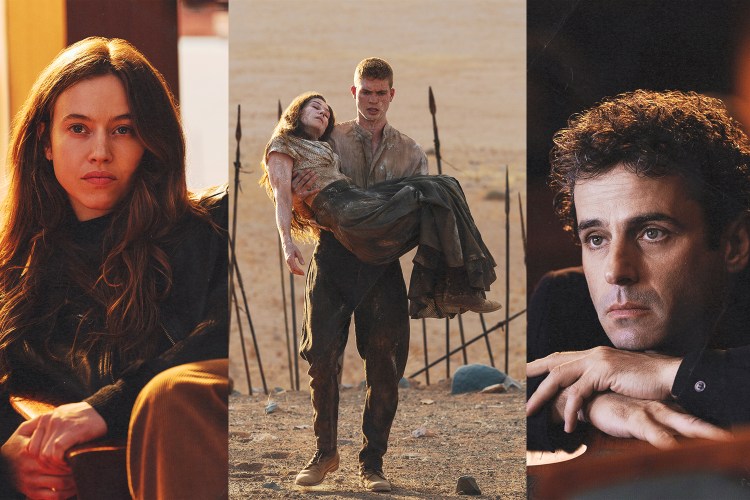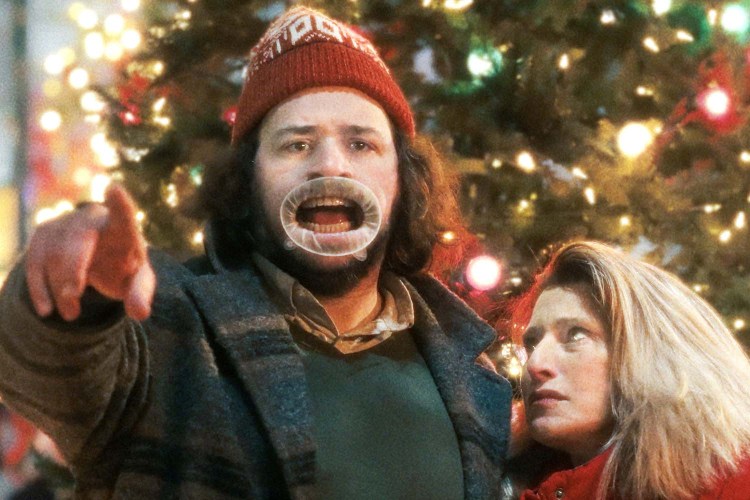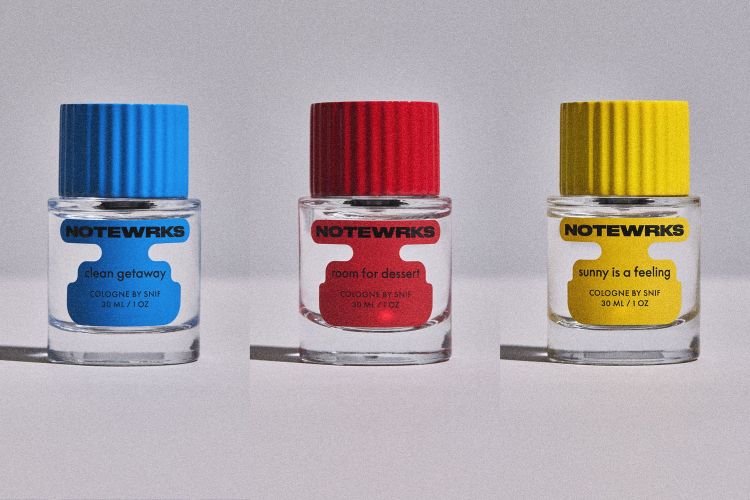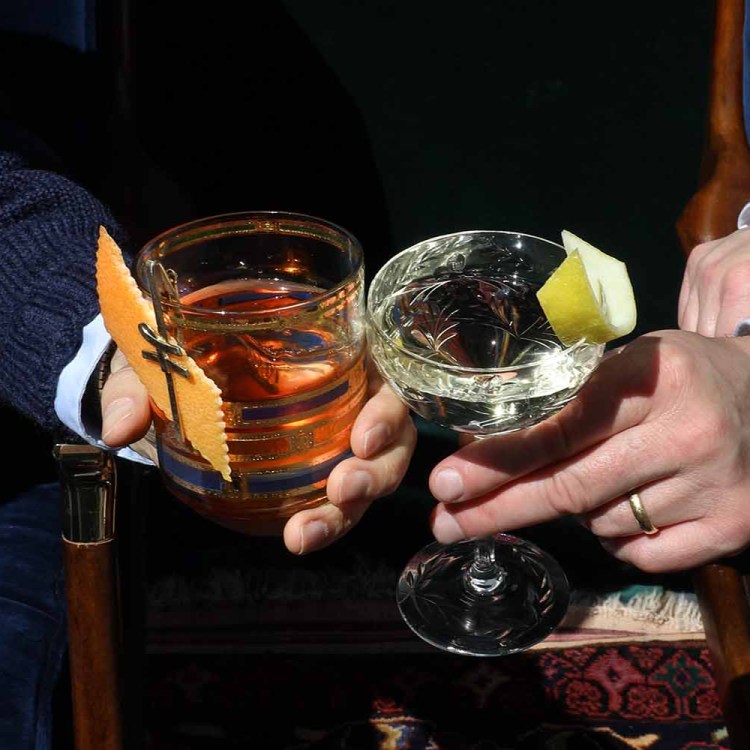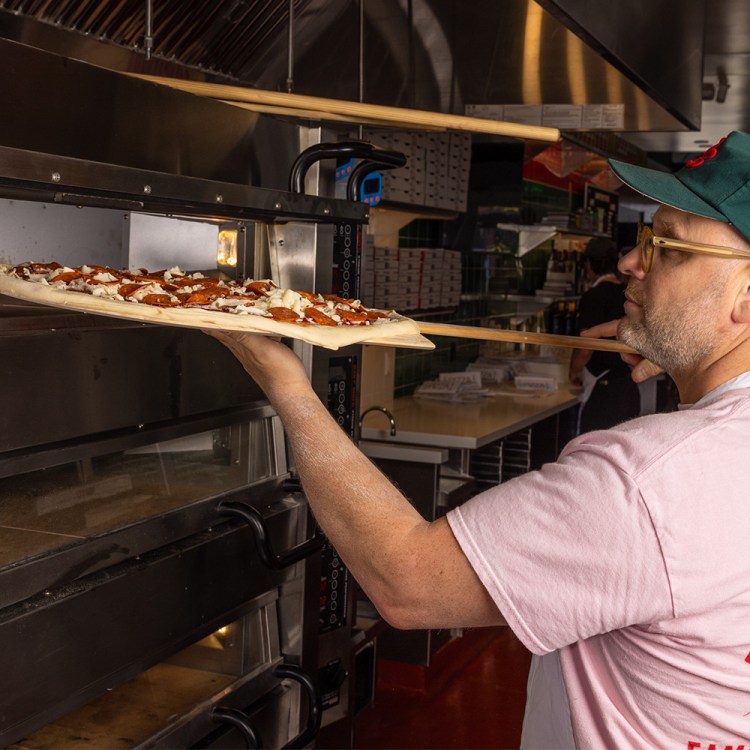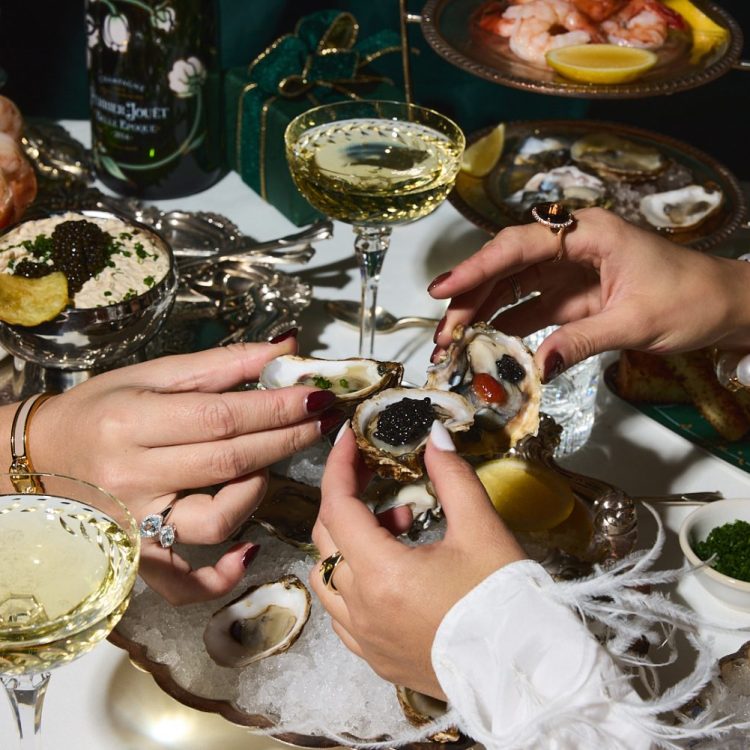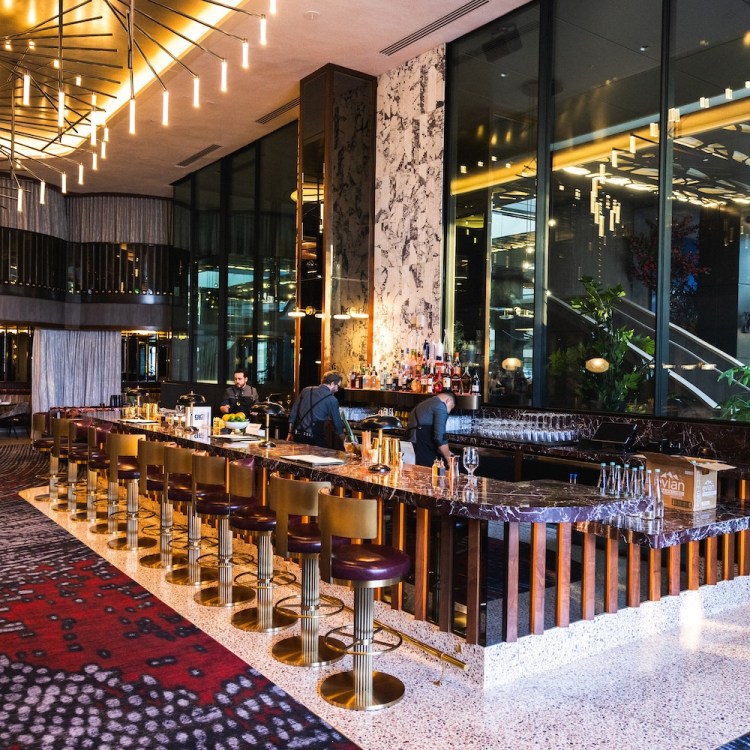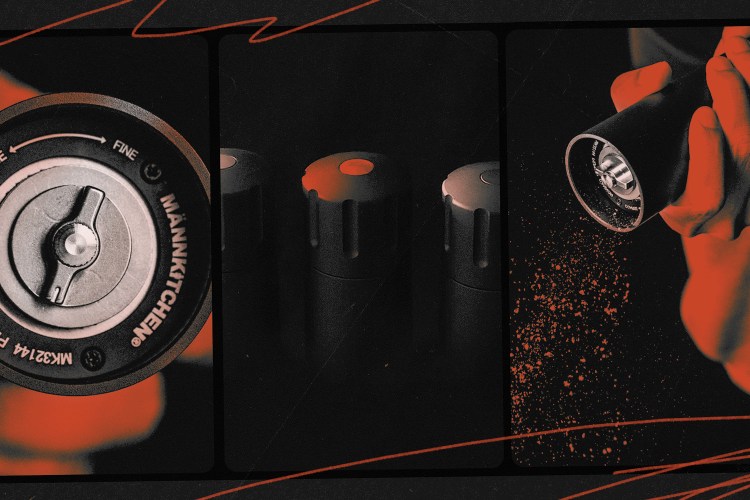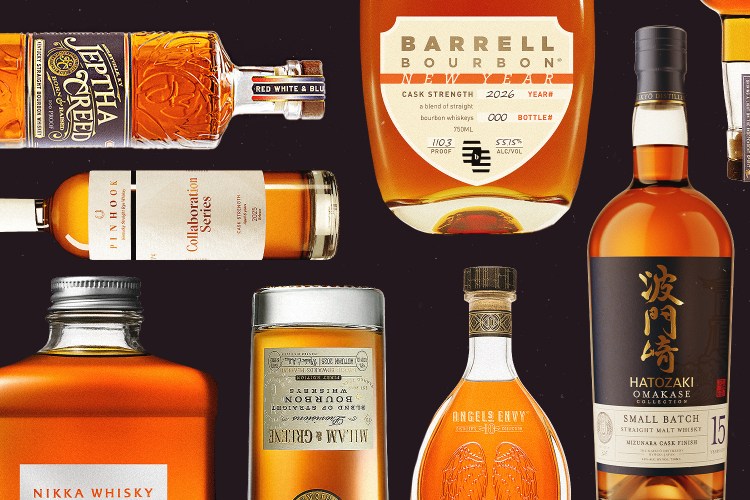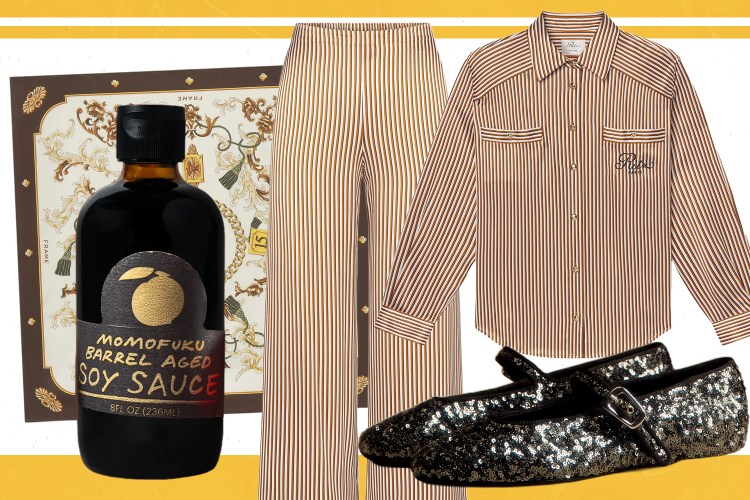Guy Torry didn’t set out to create perhaps the most pivotal Black comedy show in American history when he moved from St. Louis to Los Angeles in the early ‘90s. But that’s exactly what Phat Tuesdays became: a genuine phenomenon.
From 1995 to 2005, Torry oversaw a Tuesday night special at the Comedy Store on Sunset Strip that steadily grew in popularity with each passing year. It helped usher key talents into Hollywood, which was even more white then than it is now. Actors like Regina King, Anthony Anderson and Nick Cannon all saw their rise, along with standup legends like Steve Harvey and Luenell. Torry gave them all the 15 minutes of fame they needed at a time when many Black comedians were largely still excluded from mainstream clubs. It was what he called bringing the “hood to Hollywood.”
“Phat Tuesdays was not just a showcase, it was a comedy party,” Torry told ET earlier this month. It brought together Black excellence from all walks of life, and titans from the world of fashion, film, hip hop and sports counted themselves as regulars: Spike Lee, Tupac Shakur, Mike Tyson. Phat Tuesday was a beloved industry networking night, a place where comedians became stars, with producers and talent agents racing one another to book any new talent who graced the stage.
It’s also the subject of a new Amazon docuseries called Phat Tuesdays: The Era of Hip Hop Comedy, which features Torry alongside comedians like Harvey, Tiffany Haddish and Cedric the Entertainer. Eager to learn more, InsideHook recently spoke with Torry about how he started the legendary show, his memories of Tupac and his advice for young comedians today.
InsideHook: Did you know Phat Tuesday would become so popular when you started it in 1995?
Guy Torry: No, I did not. I started it as a place to work out my own standup and showcase the works of comedians who aren’t being seen. With the Rodney King riots in L.A. at the time, it was tense. L.A. needed to laugh. A lot of people weren’t coming to the hood to see Black comedians, so I brought the hood to Hollywood.
Did you feel like their agent?
No, I was in the background. I wanted to provide a sport where they can get agents and managers, getting producers and writers seeing them. I had my team already. There were a few times I had to make a phone call, but it wasn’t often
At what point did you think, okay, I have to turn this story into a series?
Michael Blackson, a comedian, said, “I miss Phat Tuesdays.” A light bulb went off. I thought, let’s look at the archives. I started talking to some of the comedians who came, and the patrons, everyone had personal stories, how people got on the Chris Rock Show, on TV and in films because of it. So, I thought, why not?
The ‘90s were a bit of a golden age for Black comedians, right?
It was Russell Simmons’ Def Comedy Jam that got Black comedians out there. Those comics inspired me to do standup. I knew who Eddie Murphy and Richard Pryor were, but these comics were in my peer group, it was my era. ComicView was another TV show, it debuted in 1992, it was more of a clean version. I modeled my show after those two shows.
How important was it to spotlight Black women comedians?
We live in a sexist world, period. Any level of career, women struggle. Especially in entertainment and the male dominated field of standup. There are some guys who abuse their power. Sometimes women had to give up some ass to get booked. I made Phat Tuesdays where women didn’t have to [do that]. We made it comfortable for them to perform. I told the booker if he slept with any of the women comedians he would be fired and I would punch him in the mouth.
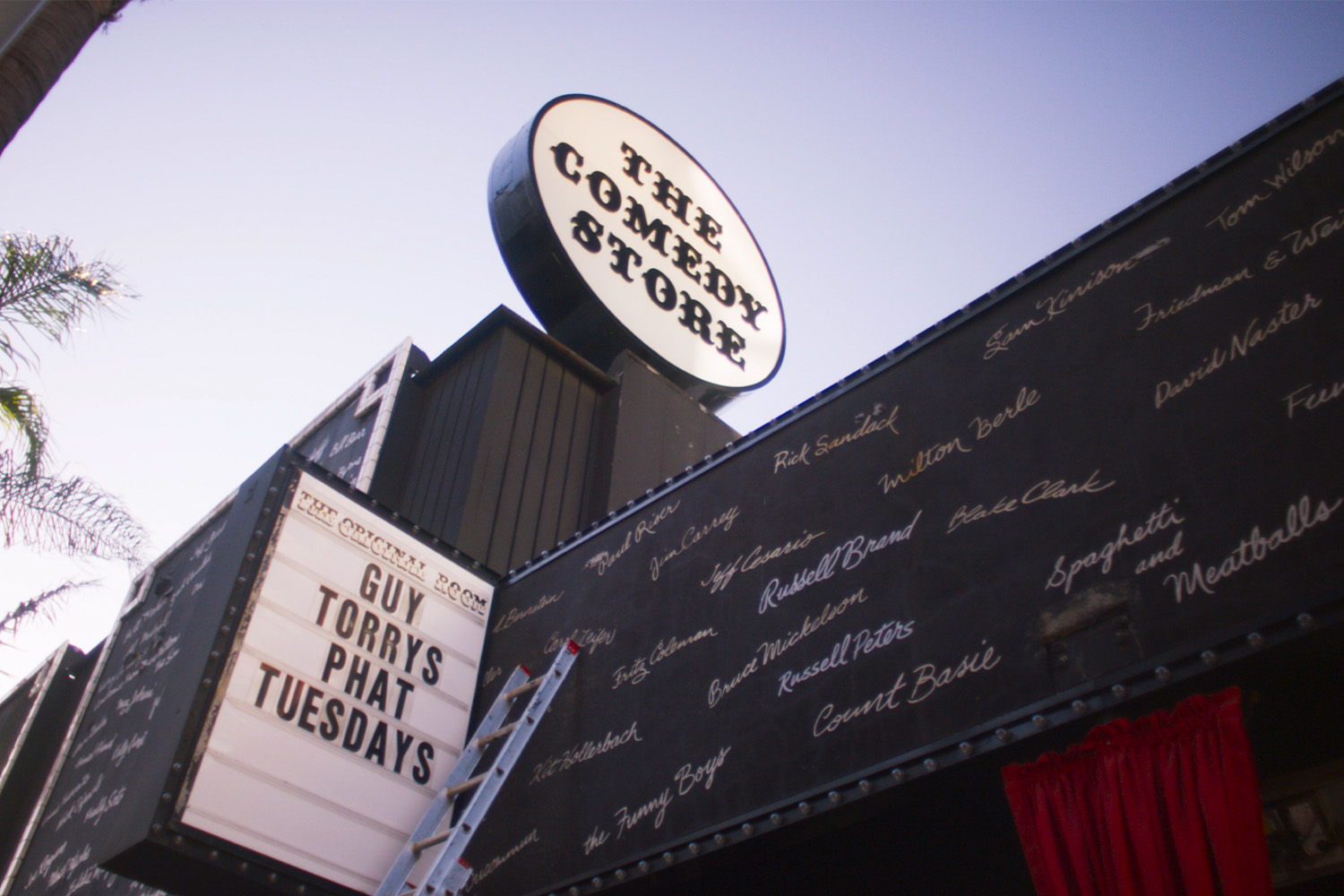
Who are some of your personal favorites who rolled through?
Queen Latifah came in the audience several nights, same with Regina King. Leslie Jones went on to do great at Saturday Night Live, Tiffany Haddish, too. She was inspired by Phat Tuesdays. Luenell used to come to Phat Tuesdays — when she got out of jail, before going home, she came to our event and took the stage. She had to purge, get stuff off her chest.
When do you think Hollywood shifted to start accepting Black comedians as part of the mainstream?
I believe it was Phat Tuesdays. From 1992 to 1995, once it became a success, even though it was made fun of by the other clubs calling it “Nigga Night,” it raked in a lot of cash. Then Chocolate Sundays came at the Laugh Factory, their Black night. Hollywood saw the value of these urban-themed nights.
What was going on in L.A. at the time, in the city?
When I came in 1992, Crenshaw Boulevard in South Central, that area is where I started doing standup. It’s also where Hollywood came to scout talent. I saw the burned-down vacant buildings, the businesses that left. It was despair. The mood was blah. The 1990s were crazy, bittersweet: O.J. trial, Michael Jackson Trial, Rodney King situation. Black people in L.A. were fed up with the police system, of police brutality, the judicial system. The gangs that came together due to the riots, it was tense, but Black excellence was happening already: The Jamie Foxx Show, Martin, In Living Color and Living Single. Spike Lee’s movies and John Singleton’s movies were popular. There was despair in the hood, but Hollywood started to flourish again. There was Phat Farm and Black clothing lines. Bill Clinton was in office and people were spending money. Black brands were being supported. The money was there.
Another Phat Tuesday regular was Steve Harvey, who wasn’t initially accepted by white comedy audiences. Why was that?
Steve started out in white rooms, that’s what we all did to start. The jokes you really want to tell, they don’t get. When Phat Tuesdays came around, people like Steve and I felt comfortable. Other Black comedians taught Steve how to do Black rooms. Even though the Comedy Store was a white club, on Tuesdays you could come and be yourselves. My only rule was no rape jokes.
There’s a strong tradition of crowd work in Black comedy. Where does that come from?
It was Robin Harris who really made it OK to go there. He was fearless. I heard a lot about Robin, who would pick on the audience. Then other Black comedians would mimic that, and we all started doing crowd work. It is what we did on the school bus in school. Momma jokes. We’re doing the same thing but with total strangers.
Hip hop was a major part of Black comedy in this era. There were crossovers between the two genres. How do you explain the kinship between those worlds?
Comedians think they can rap and sing, and rappers think they’re funny. There’s a marriage there because you’re usually onstage by yourself. The writing, creativity, flow, energy … they go hand in hand. Laughter heals and makes you feel good. The same with music. Russell Simmons brought that home with Def Comedy Jam, bringing the hip hop flair to comedy. That’s when this era started.
Did you meet Tupac?
Several times. He was responsible for me finding my own style. He knew my brother was Joe Torry, and he told me to create my own voice, create my own lane. “Don’t be Joe, be you.” He was always supportive of me. I was encouraged.
We hear Eddie Murphy and Mike Tyson also came through …
Mike Tyson was there until he moved to Las Vegas, Eddie Murphy was a regular. Whenever I did crowd work and word got around, Eddie would come up to me and say: “Man, I heard you got into a mother fucker’s ass last night.” I thought, how did you hear that?
For me, Cedric the Entertainer is the most entertaining to watch in the documentary.
He has always been the ultimate big brother to me. When I was trying to sell this documentary, he and Regina King were always there for me. He always believed in me. We have a brotherhood rather than a friendship. He and Regina are family. Phat Tuesdays helped a lot of comedians get to their destiny, it helped them along their path. They were always destined for greatness, though. I was blessed to help everyone from Kevin Hart to Tiffany Haddish to Chris Tucker to Leslie Jones. It was a real network. When Magic Johnson did his charity night, he would come and have me promote it, or take some of our comedians and put them on his shows.
Why did it finally stop in 2005?
I got too busy. I was still touring as a standup comic, doing morning radio for St. Louis while in L.A., still acting, doing TV and film, and recently got married. And I was still producing Phat Tuesdays. It got too much. I felt disrespected at one point by the Comedy Store, there was a TV show that Pauly Shore had at one time, where they said Phat Tuesdays was their idea to keep the lights on. I thought, I brought this night to you guys and we are not a gimmick. I thought, enough. I focused on my own career.
When you think of Black comedy today, was there more freedom then, compared to now?
There was more freedom. It wasn’t as sensitive as it is today. I go back and listen to some stuff I said back on cassette tapes and I don’t know how I got away with some of it. I was bold, boisterous and I didn’t give a fuck. Now I listen to it and think, how am I still alive? I was fearless, or just naïve. It’s a different time.
What do you think about the Dave Chapelle controversy?
There was no malicious intent behind it. That’s what’s getting lost in cancel culture. We are comedians, we have a point of view. It’s how we see the world. Twisted, messed up, whatever. That’s the way he saw it. You laugh at everything else he does. If you get offended by [this one joke], OK. Don’t cancel his whole career over just one bit that you don’t personally like. Him for 30 years helping people, giving back to charity, mentoring other comedians, you want to erase that because of one bit you don’t like?
What advice do you have for comics today?
Get onstage. Social media is great, but there’s no substitute for getting onstage night after night and building your act. Now, with social media, you come with a built-in audience, and you don’t have an act. I would love for those comedians to work on their act. I still do live standup comedy. When I’m onstage, I’m keeping the torch lit for other standup comedians. I’ve been to some of the shows where the “social medians” perform, and their stage show is trash. Not all of them, but they’re supposed to do 45 minutes, and after five minutes, it’s garbage and people walk out. You lose a potential customer. It’s a money grab, for some.
This article was featured in the InsideHook LA newsletter. Sign up now for more from the Southland.
